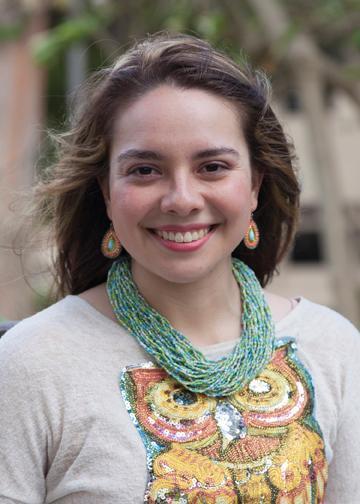
Second Sunday: February 21
Conservation of Water
Because we live in a First World Country, most of us hardly ever have to worry about meeting our basic needs such as having enough fresh water to drink and wash with. However, what we often fail to realize is just how precious this resource is in our world, as many of our brothers and sisters abroad have limited access to this essential supply. From the barren, poverty-stricken villages in Africa, to the recent contamination of the water supply in Flint, Michigan, which hits close to home, it is evident that we must do our part to conserve water so that as many children of God can use this commodity and lead healthy lives.
In this season of Lent, the term “sacrifice” could not be more poignant. Whether it is giving up sweets, fasting, or doing random acts of kindness, Catholics around the world strive to “give something up” for forty days in order to reflect and deepen our faiths in preparation for Holy Week. However, during this time, I invite you to consider the other side of the Lenten coin. Instead of simply thinking of this as a period of “holding back” or “giving up,” it is important to also use this time to engage in positive behaviors, such as “saving” and “conserving” the precious aspects of creation that God has given us, as this can have a powerful impact on our society. In Pope Francis’ Encyclical Laudato Si’, His Holiness warns us of the dangers of over-consumption of resources in wealthier societies, highlighting our “habit of wasting and discarding [at] unprecedented levels.” Because water is not only important for daily survival, but also permeates sectors such as healthcare and industry, it is, moreover, important for individuals in more affluent areas of the globe to care for and look out for our brothers and sisters who are in desperate need.
Not only are we over-consuming water, but we are also being mindless in our pollution of these natural aquifers. As Pope Francis points out, “access to safe drinkable water is a basic and universal human right…[and] is a condition for the exercise of other human rights.” Just as protecting human life is sacred, ensuring that all humans have access to safe and clean water is also essential to caring for God’s most precious creation – human beings. While we usually think that we do not waste water, small daily actions such as taking longer showers, leaving the faucet on while washing dishes, or even throwing out drinks that we do not wish to consume at that moment can all contribute to a dangerous and harmful culture of consumerism. If we want to do our part to make the world a better place, especially during this Lenten season, but in general as well, I invite you to be mindful of the utilization of water.
What can you do to help? Attempt to cut back on shower time by a few minutes, or turn the faucet off while you wash dishes. These small and simple acts can not only help increase water supply for poor individuals, but can go a long way in conserving and caring for the environment. After all, God gave us this planet to serve as our home, so it is our duty to protect it, just as we protect the nice, shiny iPad our grandmother bought us for Christmas.